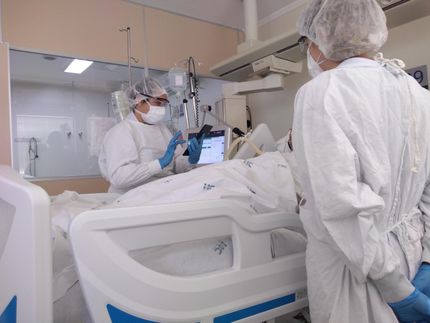MedImmune Licenses Worldwide Rights for Anti-Staphylococcal Antibody Program From GlaxoSmithKline
Advertisement
MedImmune, Inc. announced that it has licensed worldwide rights from GlaxoSmithKline to develop certain anti-staphylococcal monoclonal antibodies (MAbs). The program includes BSYX-A110, which is in Phase 2 clinical development for the prevention of serious bloodstream infections caused by Staphylococcus in low-birthweight infants. MedImmune will be responsible for future research and development of BSYX-A110 and any resulting second-generation MAbs as well as all future sales and marketing activities worldwide.
Under the terms of the agreement, MedImmune will pay GSK an upfront payment upon signing as well as potential milestone payments and royalties on future marketed products. MedImmune has also assumed responsibility for future milestone and royalty payment obligations to Biosynexus, from which GSK originally licensed the BSYX-A110 antibody and related rights in 2002. Biosynexus may continue to provide scientific input regarding future R&D activities for the program.
Other news from the department research and development
Most read news
More news from our other portals
See the theme worlds for related content
Topic world Antibodies
Antibodies are specialized molecules of our immune system that can specifically recognize and neutralize pathogens or foreign substances. Antibody research in biotech and pharma has recognized this natural defense potential and is working intensively to make it therapeutically useful. From monoclonal antibodies used against cancer or autoimmune diseases to antibody-drug conjugates that specifically transport drugs to disease cells - the possibilities are enormous

Topic world Antibodies
Antibodies are specialized molecules of our immune system that can specifically recognize and neutralize pathogens or foreign substances. Antibody research in biotech and pharma has recognized this natural defense potential and is working intensively to make it therapeutically useful. From monoclonal antibodies used against cancer or autoimmune diseases to antibody-drug conjugates that specifically transport drugs to disease cells - the possibilities are enormous

















































